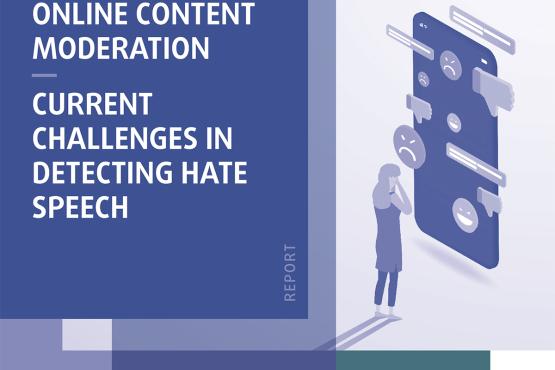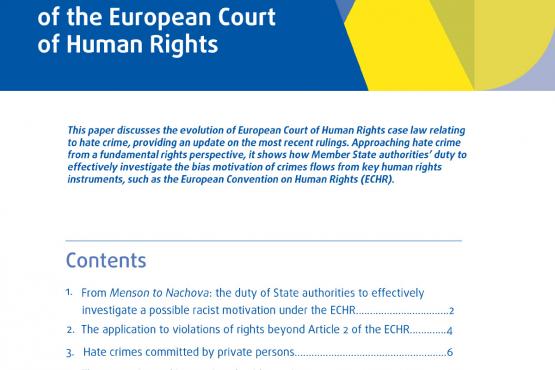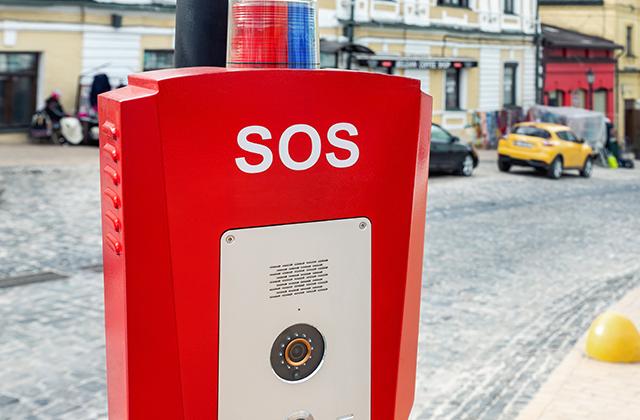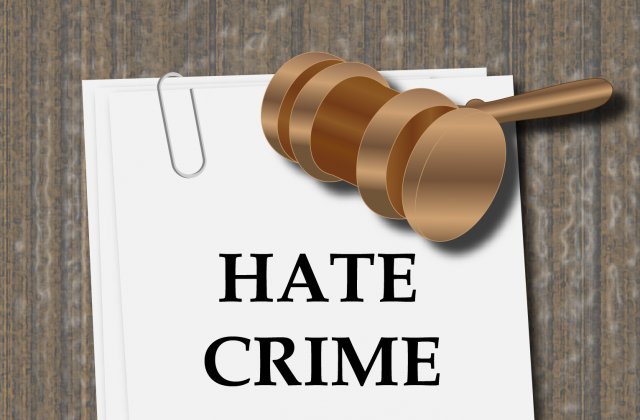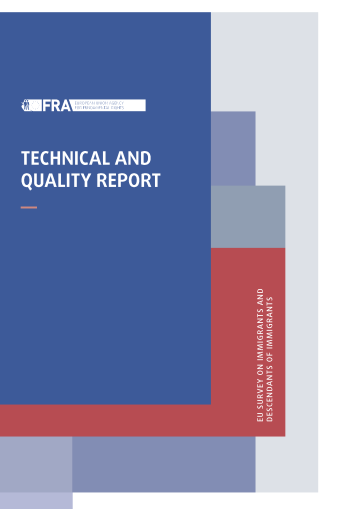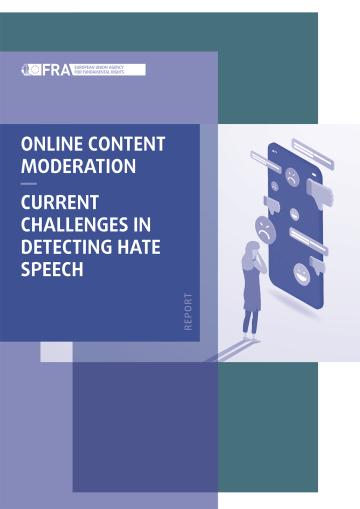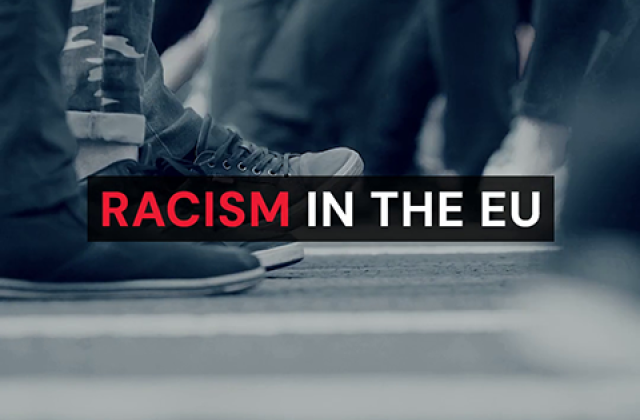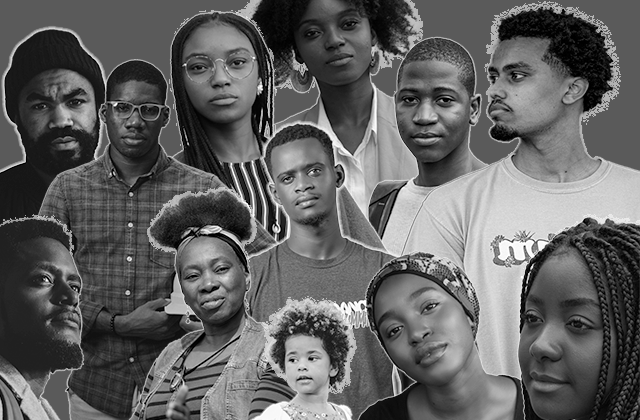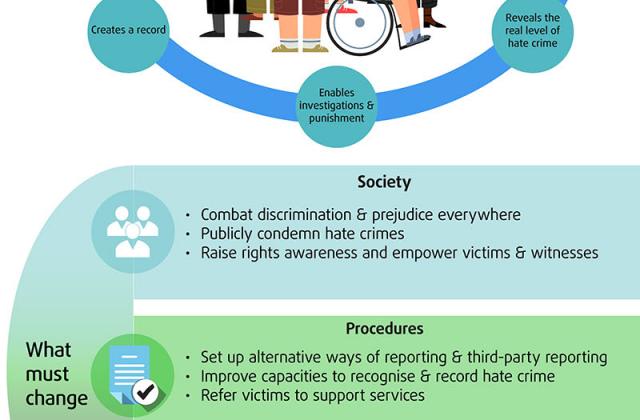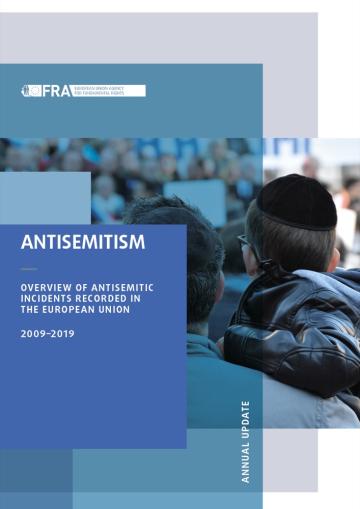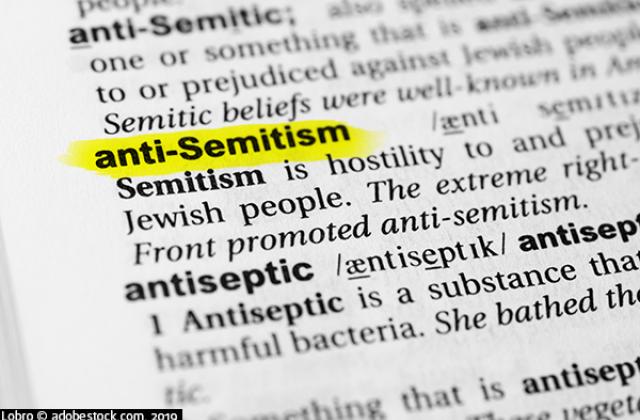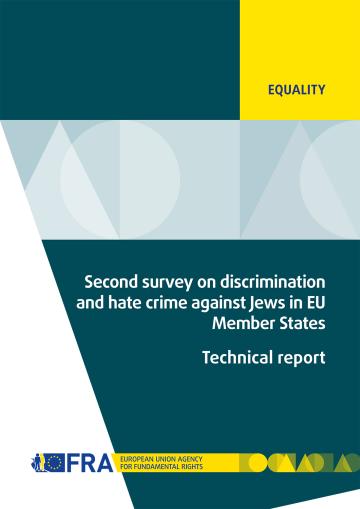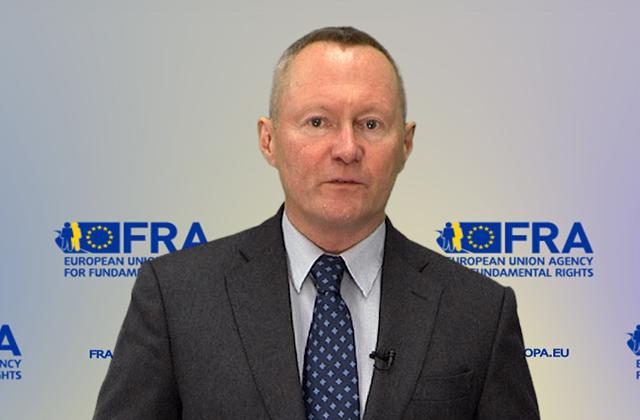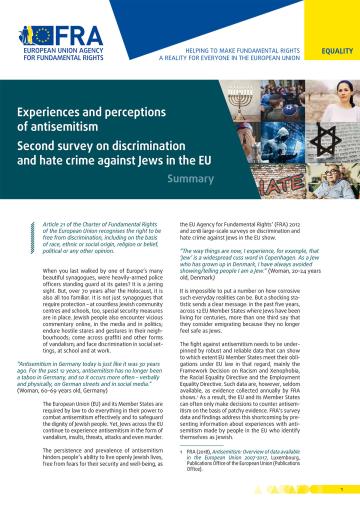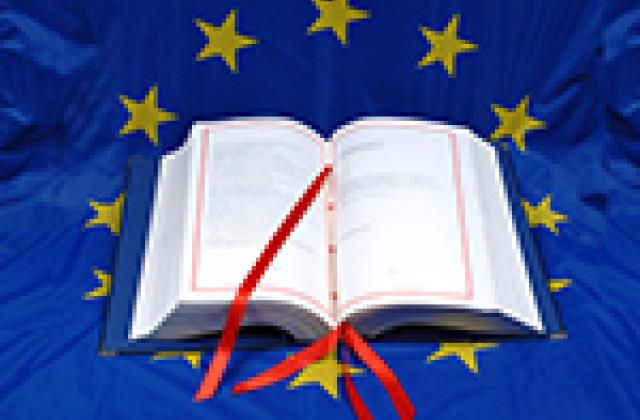Reati generati dall’odio
Highlights
- Report / Paper / Summary29November2023Online hate speech is a growing problem in today’s digitalised societies. Women, Black people, Jews and Roma are often targets of online hate speech. Online hate proliferates where human content moderators miss offensive content. Also, algorithms are prone to errors. They may multiply errors over time and may even end up promoting online hate. This report presents the challenges in identifying and detecting online hate. Hate of any kind should not be tolerated, regardless of whether it is online or offline. The report discusses the implications for fundamental rights to support creating a rights-compliant digital environment.
- Report / Paper / Summary12December2018This paper discusses the evolution of European Court of Human Rights case law relating
to hate crime, providing an update on the most recent rulings. Approaching hate crime
from a fundamental rights perspective, it shows how Member State authorities’ duty to
effectively investigate the bias motivation of crimes flows from key human rights
instruments, such as the European Convention on Human Rights. - Report / Paper / Summary7July2021La presente relazione esamina i motivi per cui le vittime non denunciano gli episodi motivati da pregiudizi e le barriere che incontrano quando denunciano gli episodi attraverso i sistemi nazionali di denuncia dei reati. Mappando le prassi esistenti che hanno un impatto sulle esperienze delle vittime quando denunciano la violenza e le molestie motivate da pregiudizi, si vuole fornire prove a sostegno degli sforzi nazionali per incoraggiare e facilitare la denuncia — e in definitiva aiutare gli Stati membri ad adempiere ai loro obblighi in materia di lotta contro i reati d’odio.
- Report / Paper / Summary21June2018Across the European Union, people face hatred because of their skin colour, ethnicity, religion, gender or sexuality. In response, the EU and its Member States have introduced laws against hate crime and support services for victims. But these will only fulfil their potential if victims report hate-motivated harassment and violence to the police, and if police officers record such incidents as hate crimes. This report provides rich and detailed information on hate crime recording and data collection systems across the EU, including any systemic cooperation with civil society.

